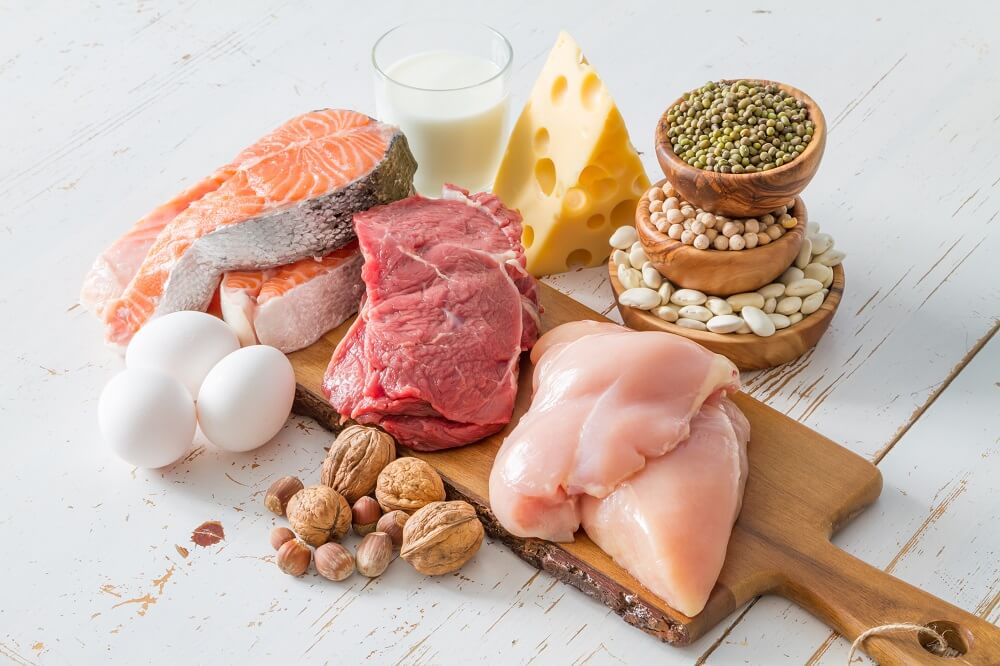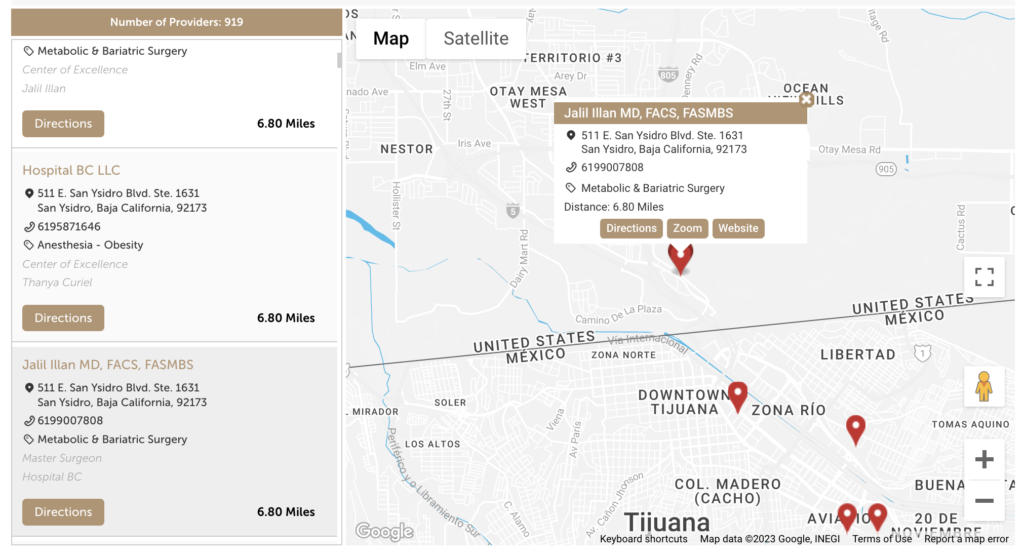Protein is an important macronutrient that all people need in order to maintain normal bodily functions. Because protein is so readily available in the foods that we eat every day, most healthy people don’t pay any mind to their protein intake. Protein supplements are popular for athletes, but most people simply don’t need them.
However, getting bariatric surgery changes your digestive system in such a way that it becomes difficult to eat much of anything. This is, after all, the point: as the patient eats less food, they lose more weight. But patients still have to meet certain nutritional requirements, including protein intake.
Bariatric surgeons and primary care physicians stress the importance of getting the right amount of protein, especially for weight loss surgery patients. Why is protein the main focus, and what happens if a patient doesn’t get enough of it?
Why is protein so important after weight loss surgery?
Protein is important, period, and this is because proteins exist in every single cell in our body. However, proteins don’t live forever: they’re constantly broken down and replaced. Because the body doesn’t store protein like it does fat, humans need to eat protein consistently in order for the body’s normal functions to work properly.
Weight loss surgery reduces the body’s ability to consume food and/or absorb calories, depending on the procedure. As a result, weight loss surgery patients are at risk of not getting enough protein.
What happens if you don’t get enough protein?
The body will start to break down lean body mass (particularly muscle mass) because it’s not getting enough protein from external sources. This is a survival measure: just as you burn fat when there isn’t much to eat, you also burn muscle if you’re not getting enough protein to maintain it. Severe protein deficiency can lead to serious conditions and death.
Patients recovering from bariatric surgery need protein in order to aid in recovery. Protein is a necessary part of the body’s healing processes, so getting enough protein is necessary to make sure that you can recover.
How Do Weight Loss Surgery Patients Meet Their Protein Goals?
In the first month after surgery, patients are put on a very restrictive post-op diet that slowly introduces foods as the digestive system is ready for them. During this phase, patients are given liquid protein supplements to maintain lean body mass and aid in recovery.
During the later stages, patients can start adding in soft foods such as lean ground meat, cooked tilapia, and scrambled eggs. This will make protein goals a bit easier to meet.
After the first month, patients are reintroducing foods and this will make it much easier for them to meet their protein goals.
Despite the fact that patients are given these options, it’s still not very easy for patients to achieve their protein goals due to the fact that they’re simply not hungry. We recommend that patients prioritize water and protein sources over everything else. We also recommend that patients eat several times a day, 5 to 6 times, in order to make sure that they’re able to consume their protein without experiencing pain or nausea.






